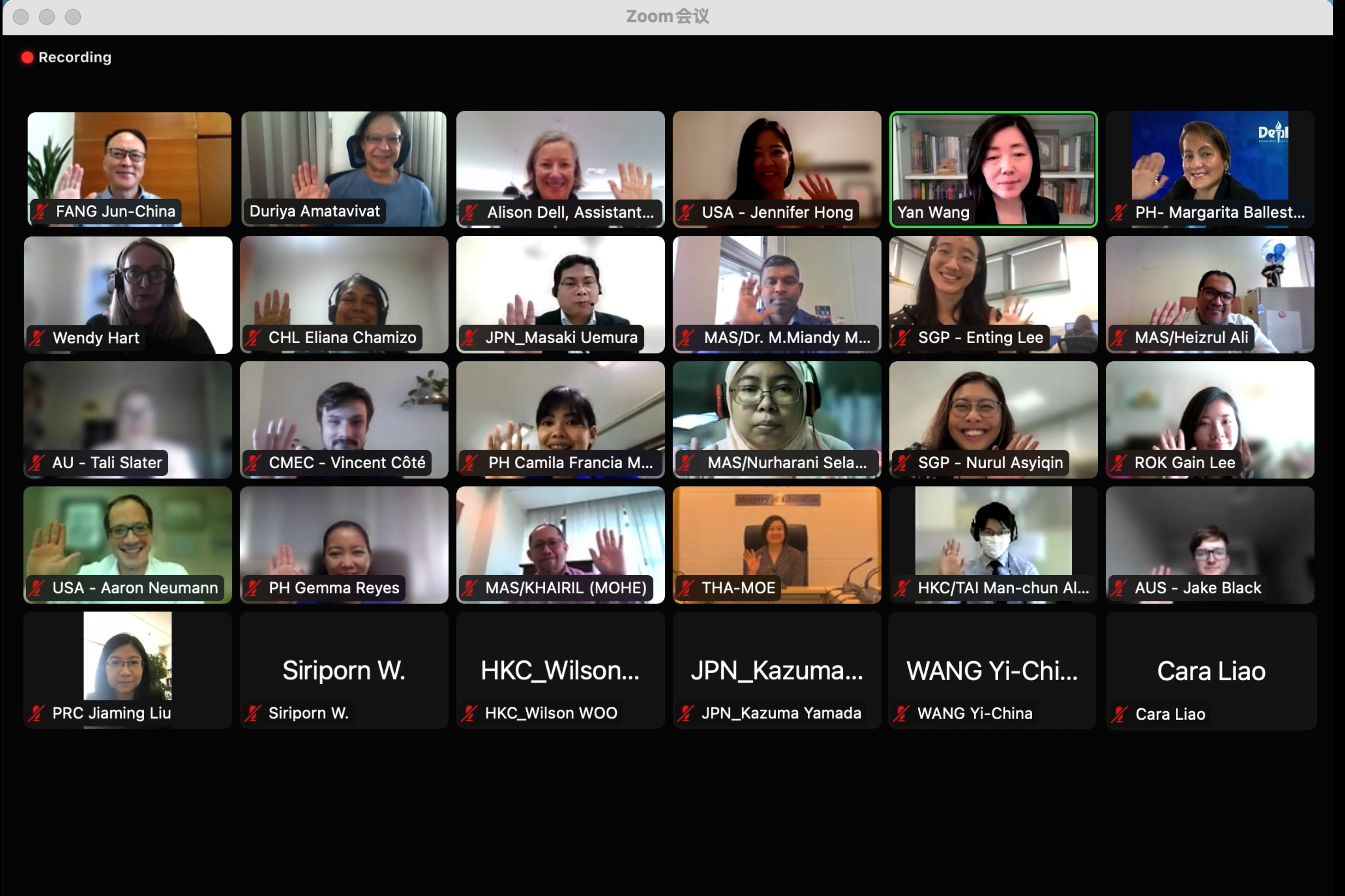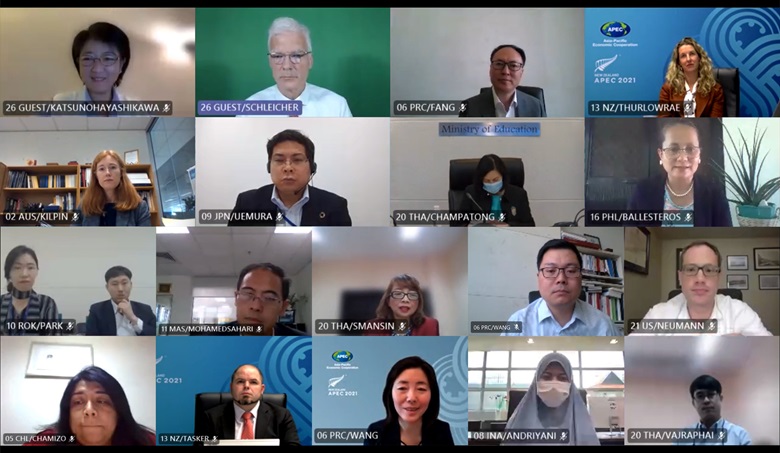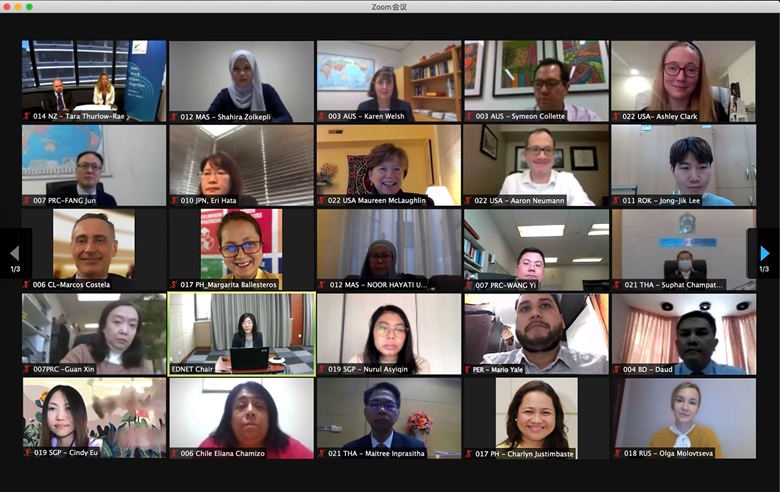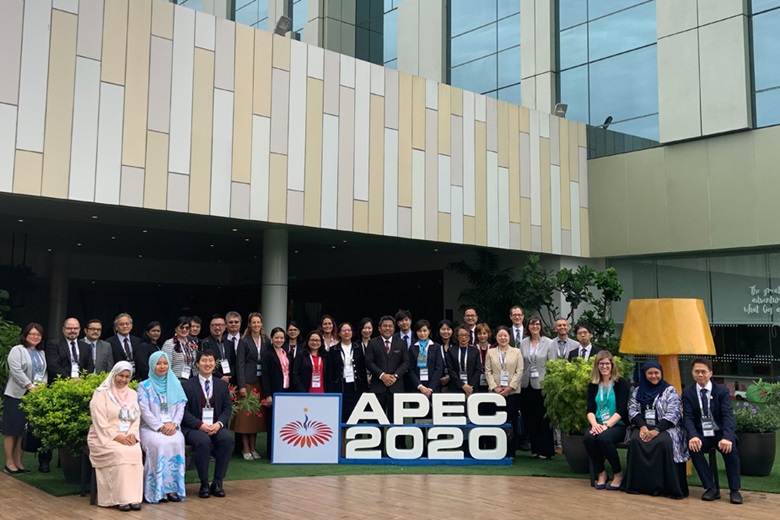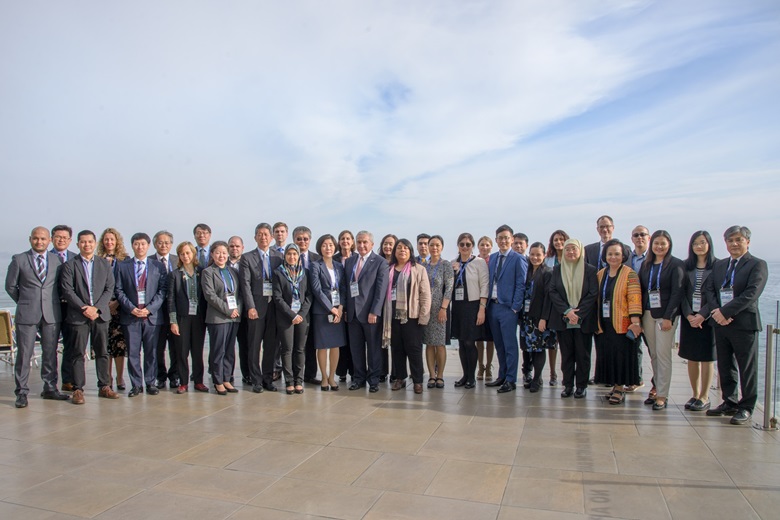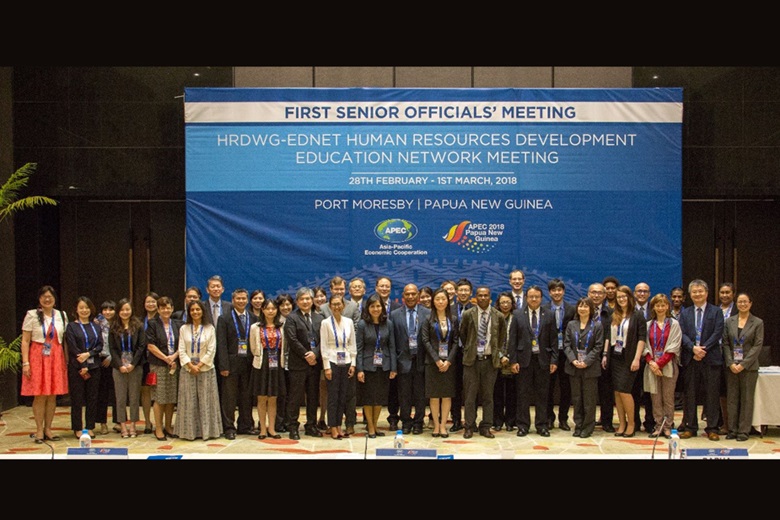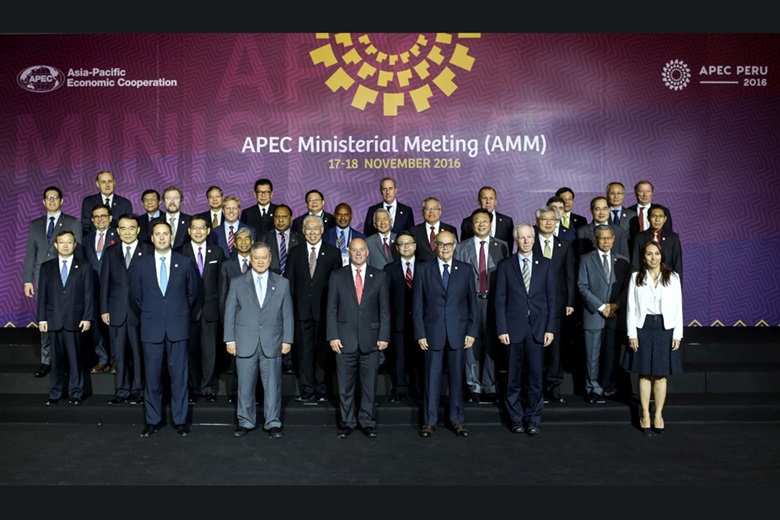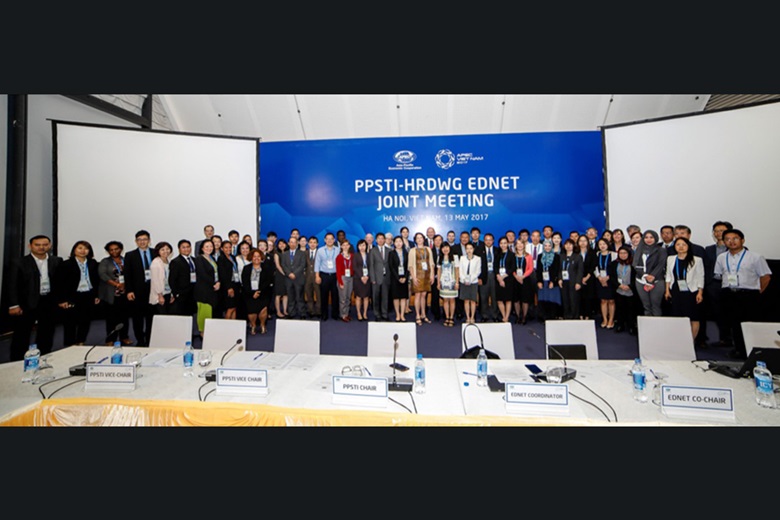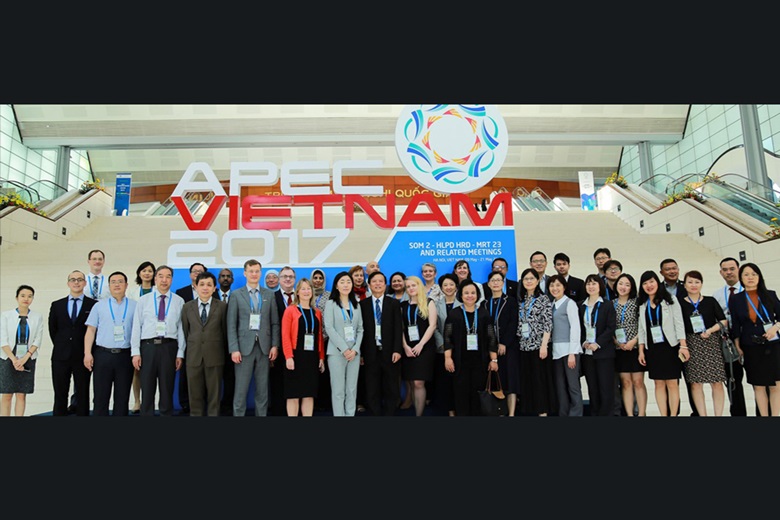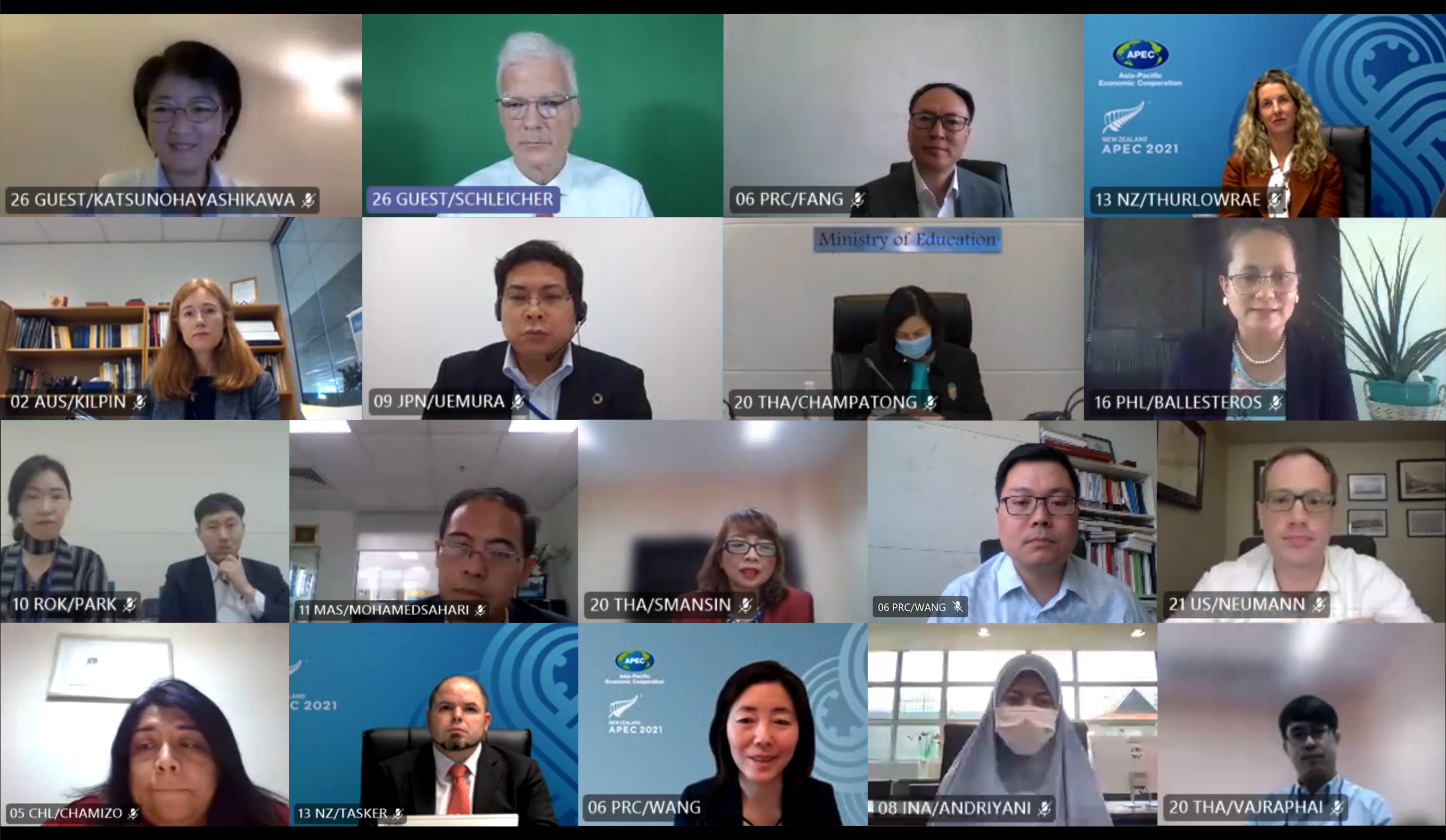
Worldwide, approaches and modalities of education cooperation across systems have changed substantially in response to the challenges of travel restriction, school closure and budget constraints since the outbreak of COVID-19. Multilateral organizations, governments, knowledge institutions, and businesses increasingly work together to implement initiatives by building consensus, raising funds and taking joint action in agile ways, without going through time-consuming formalities and procedures. New modalities of education cooperation across systems have developed and been adopted rapidly, yet there is a lack of knowledge and analysis of these trends.
On May 25, as part of 38th APEC Education Network Meeting, APEC, OECD and UNESCO representatives gathered together to share lessons and experiences of emerging modalities of education cooperation across systems.
UNESCO has established a global education coalition and further developed a global education cooperation mechanism for wide-ranging multilateral collaboration. Focusing on data-based analysis of cutting-edge topics, OECD has partnered with several UN specialized agencies for collecting best practices of education responses to COVID-19 which has led to an implementation strategy toolkit for such responses. In the same vein, APEC members have jointly conducted a Survey on Impact of COVID-19 on Education in Asia Pacific Region: Challenges and Solutions, with policy recommendations on education response to COVID-19 on the basis of analyzing qualitative and qualitative data from 17 economies.
Ms. Maki Katsuno-Hayashikawa, Director of the Division for Education 2030 from UNESCO presented on the ongoing global consultation process of rethinking global education cooperation in the context of COVID-19 and joint actions initiated by UNESCO in response to COVID-19, focusing on global education cooperation mechanism, which connects the dots of global education architecture on political, technical and financial levels through collaboration of various stakeholders to foster an enabling environment for effective delivery and results and accelerate progress towards 2030.
Mr. Andreas Schleicher, Director for Education and Skills of OECD presented the findings from OECD studies regarding the state of education after one year of the pandemic, including the challenges of lost instruction days and distance-learning solutions during 2020 and/or 2021 measures targeting populations at risk of exclusion from distance education platforms, and shared thought-provoking predictions about the scenarios for the future of schooling as result of changes ranging from skill demand and the risk of automation to effects of digitalisation.
Both presentations were met with enthusiastic responses from the delegates followed by lively discussion. Ms. Katsuno-Hayashikawa and Mr. Schleicher answered questions from New Zealand, Australia, Malaysia and the Philippines, highlighting the ways to harness technology to augment learning outcomes, the impact of COVID-19 on higher education sector as well as projects and initiatives to help last mile learners.
“Collaboration across multilateral and international organizations should be reinforced,” said Mr. Fang Jun, Deputy Director General of the Ministry of Education of China, “and this session could be a good starting point for more collaboration between APEC, OECD and UNESCO.” He also added that China would be willing to contribute to the processes of such collaboration.
Both Ms. Katsuno-Hayashikawa and Mr. Schleicher thanked the organizer for the invitation and expressed hope for further collaboration with APEC HRDWG EDNET in the future at the end of the session.



